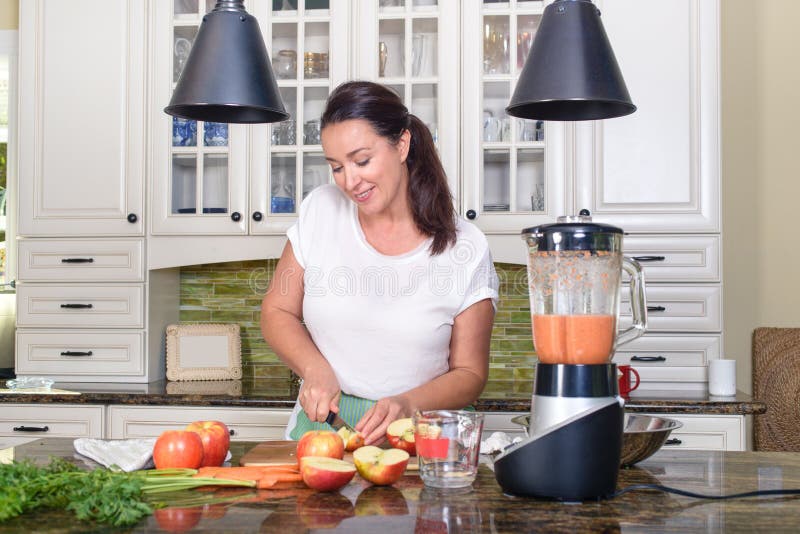When it comes to kitchen appliances, understanding the difference between blender and grinder can be quite beneficial, especially for food enthusiasts. Both appliances serve unique purposes and knowing which one to use can elevate your culinary experience. In this article, we will delve into the intricate details of these two essential kitchen tools, helping you make informed decisions in your cooking endeavors.

Understanding the Basics
What is a Blender?
A blender is a versatile kitchen appliance designed primarily for mixing, pureing, or emulsifying food and other substances. It typically consists of a jar with a rotating metal blade at the bottom, powered by an electric motor. Blenders are ideal for making smoothies, soups, and sauces. If you’re interested in how a blender works, you might find this article on how does a blender work quite enlightening.
What is a Grinder?
A grinder, on the other hand, is designed for grinding or crushing food into fine particles. It is often used for grinding spices, coffee beans, or meat. Grinders can also be used for making pastes or doughs. The primary function of a grinder is to reduce substances to a powdery consistency.
Key Differences Between Blender and Grinder
Functionality
The most significant difference between blender and grinder is their functionality. Blenders are more suited for liquid-based items and can handle softer food substances, whereas grinders are built to handle tougher substances, grinding them into finer particles.
Blade Design
Blenders typically have angled blades that create a vortex to mix and emulsify liquids efficiently. In contrast, grinders have flat, sharp blades designed to crush and pulverize tough materials.
Speed and Power
Blenders generally operate at a lower speed and are less powerful compared to grinders, which often have more robust motors to handle tougher grinding tasks.
Choosing the Right Appliance
Consider Your Cooking Needs
Before deciding between a blender and a grinder, consider what you will be using the appliance for. If you frequently make smoothies or soups, a blender is the way to go. However, if you need to grind spices or make homemade dough, a grinder will be more suitable.
Space and Budget
Consider the space available in your kitchen and your budget. Blenders are often more compact and affordable, while grinders can be bulkier and more expensive due to their powerful motors.
Maintenance and Care
Cleaning
Both blenders and grinders require regular cleaning to maintain their efficiency. Blenders are usually easier to clean due to their detachable jars, whereas grinders may require more thorough cleaning due to the nature of the substances they handle.
Durability
Investing in a high-quality appliance will ensure longevity. Blenders and grinders made from durable materials and with sturdy construction will last longer and provide better performance.
Popular Uses
Blender Recipes
Blenders are perfect for creating smoothies, soups, and sauces. If you’re looking for delicious casserole recipes that might benefit from the use of a blender, check out this Greek casserole recipe or this Asian-inspired casserole recipe.
Grinder Recipes
Grinders are ideal for making spice mixes, coffee, and even dough. They are not as versatile as blenders for liquid-based recipes but excel in grinding tasks.
Conclusion
Understanding the difference between blender and grinder can significantly enhance your kitchen experience. Each appliance has its unique strengths and is designed for specific tasks. By considering your cooking needs, space, and budget, you can choose the right appliance to complement your culinary skills.

Frequently Asked Questions
Can I use a blender instead of a grinder?
While a blender can perform some grinding tasks, it is not as effective as a grinder for substances that require fine grinding.
Which is more durable, a blender or a grinder?
The durability depends on the brand and model. Both blenders and grinders can be durable if made from quality materials and maintained properly.
Is it necessary to have both a blender and a grinder?
It depends on your cooking needs. If you frequently make both liquid and dry food items, having both appliances can be beneficial.
This article contains affiliate links. We may earn a commission at no extra cost to you.

